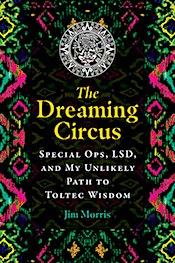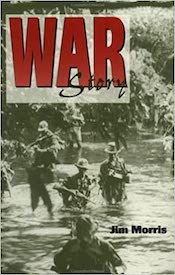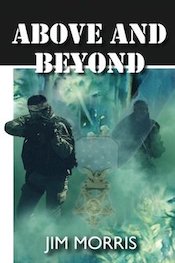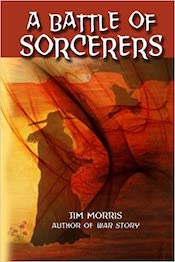An advantage of age is that one gets to see several generations go through similar experiences. I’ve seen soldiers come home from five wars, and those homecomings were very different.
I was eight when World War II ended, and something like twenty million guys came back, pretty much all at once. There was PTSD aplenty in that generation, though in those days it was called shell shock. The first returning GI I met took the time to familiarize me with his .45, which is perhaps not something a guy would do with a seven year old boy today. I still remember the weight of it, and the beauty. I had never seen anything so efficiently designed to perform one function.
The next GI I talked to lived down the street, and today he would be recognized as a poster boy for PTSD. He was a nineteen-year-old former Marine. In those days Marines wore shoulder patches like the army, and he gave me several of them, FMF-Pac patches, which I was glad to have. He also spent quite a while telling me about shoving piles of Japanese bodies into a slit trench with a Caterpillar tractor while eating a Baby Ruth candy bar. He gave particular emphasis to the smell, and this is not a story I would tell to an eight year old today.
But the thing that set the WWII generation apart from subsequent generations of returning GIs was that they were lionized. They had saved the world and everybody knew it. Older guys who had not fought were fired to give them their jobs back. If you hadn’t fought you weren’t as likely to get promoted, or elected, should you decide to run for office. Civilians practically worshipped those guys. Lately they have come to be known as The Greatest Generation, and they’re still lionized. I don’t want to take anything away from what they did, but the truth is they didn’t do anything that subsequent generations of GIs did not.
Much has been made of the fact that they were in for the duration; if you were in at the start you were out when it was over, if you still lived. And that is true. But those guys seldom spent more than three months in the line during a campaign. One was more the norm. Whereas a kid in an Infantry unit in Vietnam ran combat patrols almost from his first day in country until the last. He could spend more time in combat in one year than a WWII soldier did in four.
Guys coming back from Korea weren’t lionized, but they had a lot of residual respect. Then came Vietnam, and we all know how the Vietnam vets were treated. The war was unpopular, and in many areas the guys who fought it were unpopular too. These were guys who had done the same jobs and taken the same chances as the WWII guys, and were taunted and abused for it. I’ve known guys who went back to Vietnam, just to have somebody to talk to, and got killed as a result.
I came back to Oklahoma, a conservative state which supported the war, even if its college students did not. We had plenty of anti-war demonstrations at OU, but I experienced no overt hostility to ex-GIs. I was one of the organizers of a veteran’s teach-in at OU, and I said in my opening remarks, “Look, we’re not going to change anybody’s minds about the war here tonight. What I’d like to establish is that we are decent people operating from decent motives, and if you’ll give us credit for that we’ll do the same for you.” And that approach worked pretty well at OU. I made friends in the anti-war movement that I’m still friendly with when I meet them.
But I have friends who came home to less friendly campuses, and you can believe me when I say that they are still traumatized today, more by the experience of homecoming than by the war itself. They are bitter, and they have a right to be bitter. My goal is to convince them that their bitterness does not serve them, and that it should be replaced by a more generous understanding. If that seems saintly to you, well, yes it is,
By Desert Storm the country had taken stock of what it had done, and the mood was, hate the war, but love the troops. They got their parade. Me, I’ve marched in about 500 parades and I’d just as soon skip the parade and have a beer. The parade was a nice gesture, but there was not a lot of understanding that went with it. Without understanding there is no fellowship, and without that there is no integration. The vets were still apart, and not in an elevated way like the WWII vets. No one was angry with them, but they were watched carefully, just to make sure of … something.
The difference between the Desert Storm and Iraq/Afghanistan War vets is not so much the difference in the respect they received but in the understanding. They get respect for what they did, but nobody really knows exactly what that was. The point I’m edging toward here is that the experience of coming home has a lot to do with the severity and experience of PTSD. You can go through a lot of awful stuff, but, if when you come home you are respected, and the people you meet are grateful for the sacrifice you have made, that makes a tremendous difference.
Nobody was afraid of the WWII vets when they came home, though what they went through was just as stressful as later generations. They were expected to be superior people, and so they reacted by doing superior things.
When you come home and everybody expects you to be destroyed by the experience, or you get pity instead of respect, that makes it hard to realize your full potential. If people think you’re crazy, and react as though the things you think and do are crazy it’s hard not to be crazy.




